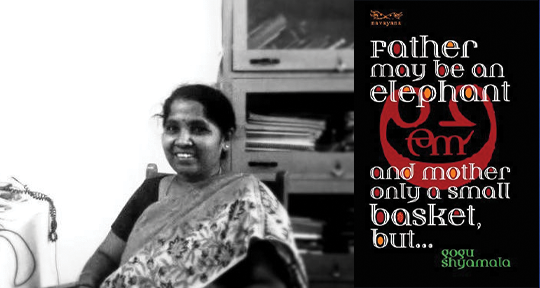In this week of dispatches from around the world, our Editors-at-Large report on literary awards, the establishment of a literature museum, and book fairs! From controversy surrounding the new museum in Hong Kong to the most recent Indian texts in translation, read on to learn more!
Charlie Ng, Editor-at-Large, reporting from Hong Kong
Public voices demanding for a museum of literature have been around for years in Hong Kong. On July 22, during the Hong Kong Book Fair 2023, Poon Yiu-ming, the Chairman of the Federation of Hong Kong Writers, announced that the Museum of Hong Kong Literature would be inaugurated in April next year in Wan Chai with support from Chief Executive Lee Ka-chiu and the Hong Kong Jockey Club. Poon petitioned Lee last year on the establishment of a literary museum. However, the announcement has attracted controversy in the literary arena.
The concept of a museum for Hong Kong literature was proposed by a group of local writers and scholars, including Dung Kai-cheung, Tang Siu-wa, Yip Fai, Liu Waitong, and Chan Chi-tak, among others, who formed the “Hong Kong Literature Museum Advocacy Group,” in 2009. A signed petition that successfully solicited signatures from hundreds of local and international Chinese writers and scholars was published in Ming Pao, which proposed to establish a literary museum in the West Kowloon Cultural District. Since the suggestion was not adopted by the West Kowloon Cultural District Authority then, the Advocacy Group proceeded to establish the House of Hong Kong Literature as a non-governmental organization for promoting and preserving Hong Kong literature.


